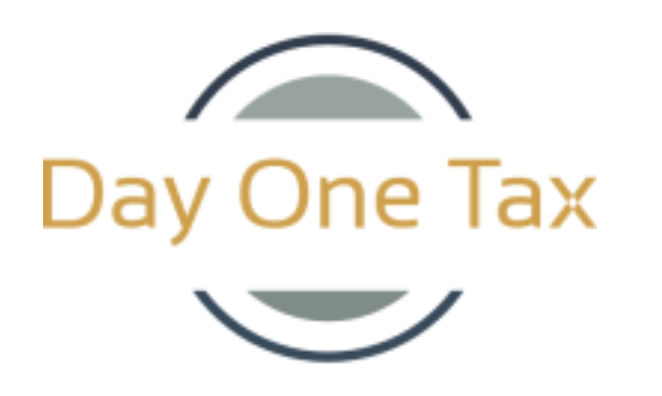(Published on: 2019/10/28)

What kind of Japan tax company should know?
There are so many types of taxes in Japan. Nobody knows everything as it is so hard (and not necessary).
When you work as an employee in Japan, it seems you don’t have a good chance to learn Japan taxes. Your company deals with most of your taxes for you. However, when you set up a company, you come across so many taxes but it is a bit difficult to notice. You cannot always expect to see tax bills that the tax office sends to you. Under the self assessment tax system, you are responsible for your taxes and need to be aware of them (It is so hard). Unfortunately, the Japan tax authority is not required to tell you what taxes you pay. You do your tax. So, you want to learn the basics of Japan tax for running a company? You can check the following. (Tax rule can change so often. This article was posted on 28th October 2019, FYI.)
- Registration tax
When you set up a company probably you ask a legal firm to help you do so (Some Japanese people would do with no help). Of course, you pay them, and also you have to pay the registration tax for setting up a company. This tax needs to be paid only when setting up a company, so you don’t pay every year (But if there are any changes to the company information, you may have to pay it.). And how much is it? It depends on how much the company’s share capital is and types of the company.
- Basically, you pay 0.7% of the share capital, but there is a minimum amount (below)
- For Kabushiki Kaisha (KK), you pay JPY 150,000 (USD 1,388) at least. If the share capital is less than JPY 21,400,000 (USD 198,148), you would pay JPY 150,000 (USD 1,388).
- For Godo Kaisha (GK), you pay JPY 60,000 (USD 555) at least. If the share capital is less than JPY 8,570,000 (USD 79,351) would pay JPY 60,000 (USD 555).
You think GK is better? Maybe. But you may need to think other things to determine if GK is good for you.
- Corporate income taxes
Tax return is mandatory if you run a company. Actually many people just ignore it because they just set up a company but do nothing. You cannot do that. You need a tax return. And there are no tax return forms in English so you would need a tax firm. How much is it? Well, depends. It would be around 20~30% of company’s taxable income (≒profit). The tax payment is required every year. Also, it is important to know that you need the tax payment even if there is no income (≒profit). You have to pay corporate inhabitant tax. Normally, it is JPY 70,000 (USD 648) per year.
- Consumption tax
This tax is a bit complicated. This is kind of Value-added tax (VAT) or Goods and services tax (GST). When you purchase something, I know you pay the consumption tax. But I am talking something different. This tax is paid to the Japan tax authority (not a shop). If you are a taxable person, you need to pay (sometimes get a refund) the tax every year. The tax rate is 10% (8% for foods & beverages, etc).
- Withholding tax
This tax is complicated too. When your company pays certain persons, you have to take withholding tax from the gross amount and just pay the net. If your company pays your (employees’) salary, you have to take the tax. The tax rate really depends. Also, when your company pays individuals (lawyer, accountant, photographer, interpreter, etc), you take the tax. Normally, the tax rate is 10.21% in this case. This tax can occur every month as long as you pay salary every month.
- Fixed property tax
If your company has fixed properties (land, buildings, tables, machines, cars, etc), you have to pay this tax. You pay 1.4% of taxable amount. For land and buildings, you will get a tax bill from the tax authority so you never forget it. But you need a tax return for the other properties. You can file it in January (regardless of the fiscal year).
For your information, you pay a property acquisition tax for land and buildings, and you cat get a tax bill.
- Business office tax
If your office is located in Tokyo (23 wards) or other cities (e.g. Sapporo city, Sendai city, Saitama city, Yokohama city, Kawasaki city, Nagoya city, Kyoto city, Osaka city, Kobe city, Hiroshima city, Fukuoka city), you ‘may’ need to pay this tax. It depends on office size and number of employees.
For the office size, if it is bigger than 1,000 square metre, you pay JPY 600 (USD 5.55) per square metre (And a tax return is needed when office is bigger than 800 square metre)
For the number of employees, if there are more than 100 employees, you pay 0.25% of total annual salaries (and a tax return is needed when there are more than 80 employees).
You need to file it and pay every year if required.
- Other taxes
Actually, there are more taxes (Stamp tax, for example. Also, social insurance premiums may not be a tax, but important to know), but I think your company is fine if your company covers taxes above.

[…] (See also Introduction to Japan tax) […]